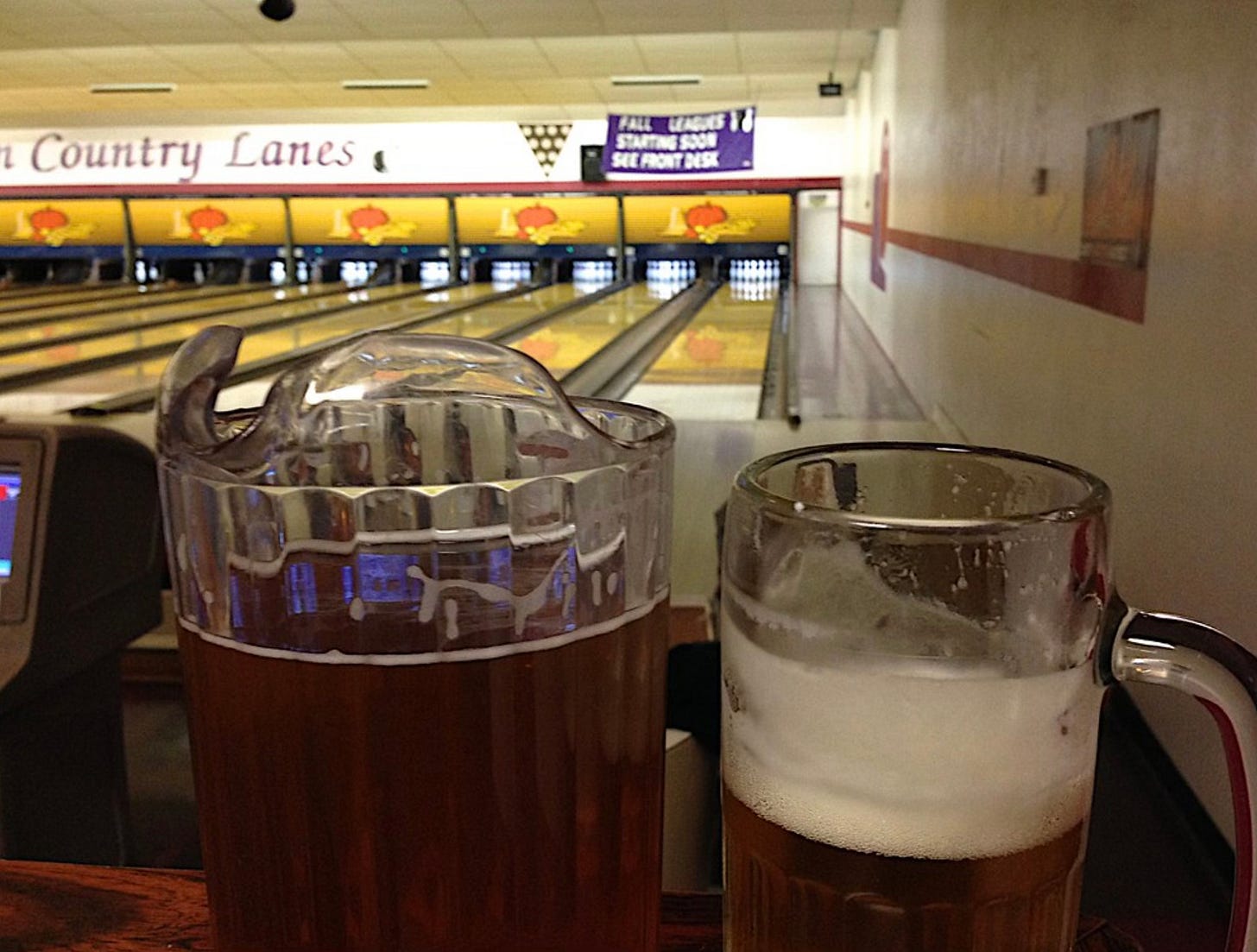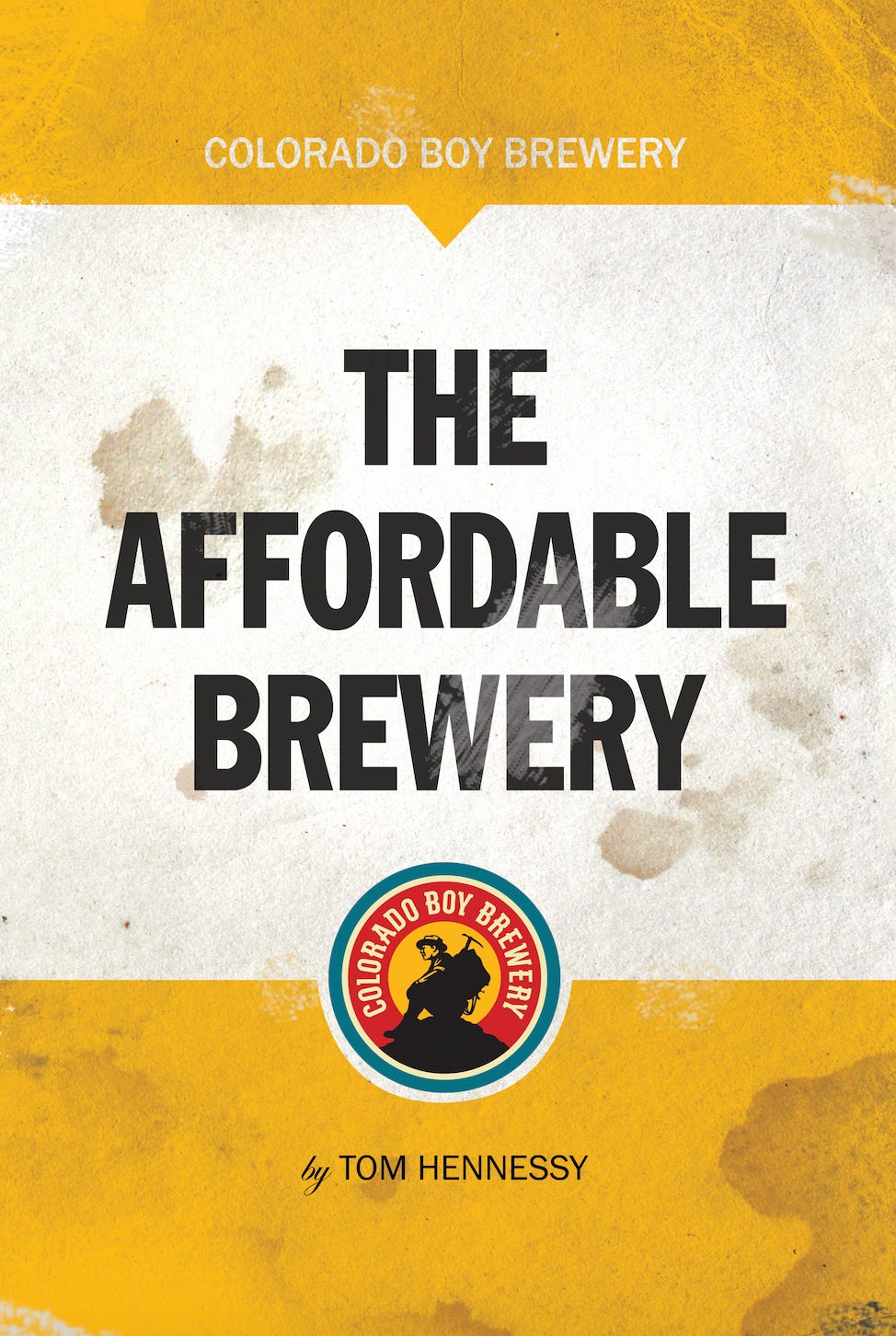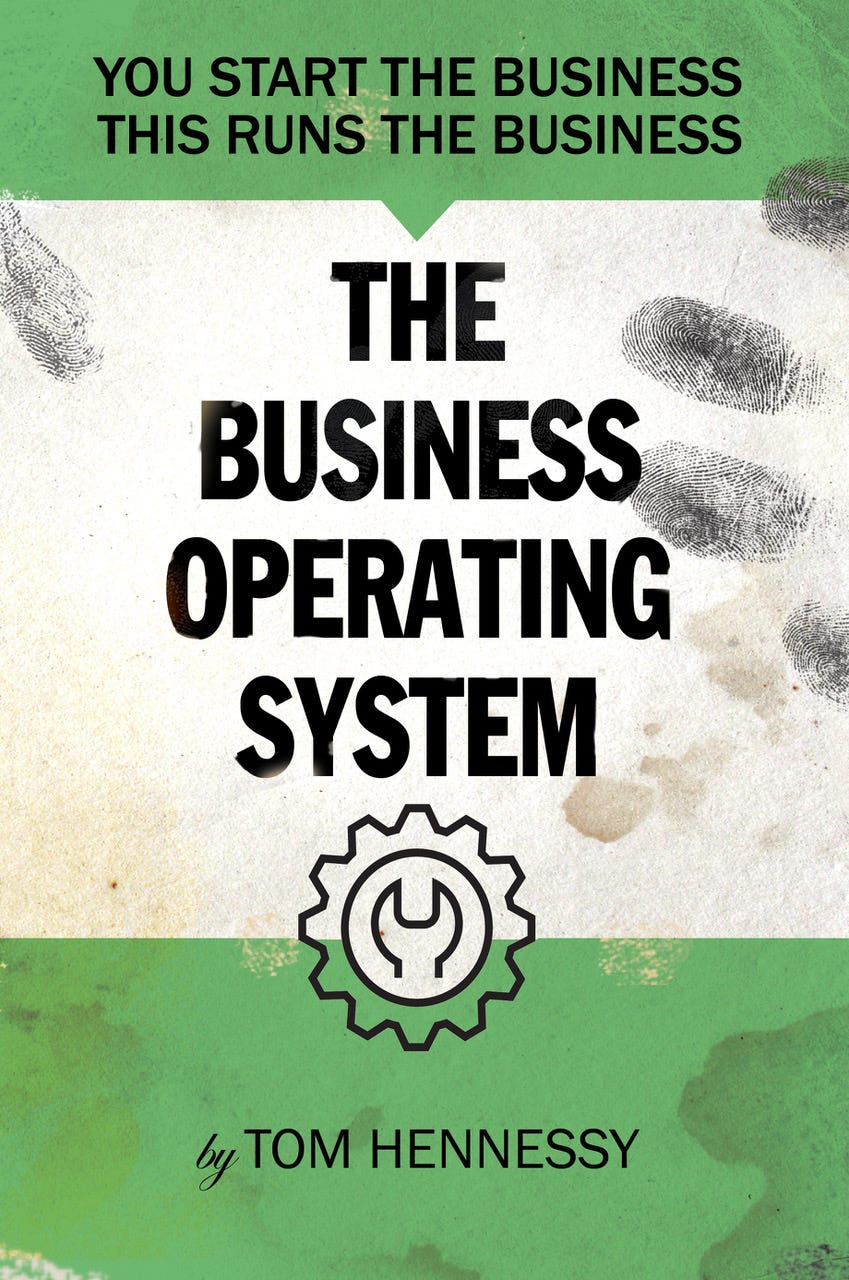A Brewery Has Two Parts
I think it’s safe to say that the main motivation of opening a brewery is that we would all like to make a living brewing beer. But to make a living in this business you have to sell the beer you make.
The first part of owning a brewery of course is the brewery itself. Most readers who put up with my writing know that I advocate a Frankenbrew system rather than a new turn-key set up. Most of my articles are about that. If you follow this model of simply putting the pieces together rather than buying an off the shelf unit, you will cut the cost of your brewery most likely in half. Your customers don’t give a fig if you have shiny copper bands around your kettle and mash tun. If they see a stainless steel tank, that’s good enough for them. And of course, the Frankenbrew pieced together set-up has to still be of high quality so that you can produce stellar beer.
It’s the second part of the equation I want to talk about. That is, how do you sell the beer?
First off, don’t sell your beer wholesale. Many of the students in our mentorship program want to build a brewery and sell kegs to local bars or even partner with a friend who has a restaurant and they would sell the beer they make wholesale to the restaurant. No, no, no, no. You will not make any money for your excellent beer. You will just work, work, work.
You absolutley have to sell your beer retail. That means, by the glass over a bar for full price. For example, you wholesale a keg you make for $120. A keg holds about 120 pints of beer more or less, so you are selling your beer for $1 a pint, and you have to not only deliver the beer, manage the kegs (they weigh about 150 pounds full) but clean your customers tap lines too. Then after all that work, one of the big breweries is going to come in and low-ball a price to get their beer on tap and now you are out of a customer and have to scramble to get your empty kegs and tap handle back. Yuk!
However selling your beer yourself in your own establishment means you will earn $6 to $8 dollars for that pint. Plus, there is no transportation involved, and if you use serving tanks instead of kegs, you aren’t lifting heavy kegs and having to change them out during a busy Friday night.
Here are a few ideas for the second part of your brewery: Avenues to sell your beer yourself.
A simple tap room next to your brewery where customers can sit and enjoy a pint before taking a can or growler home with them. This is what a lot of small breweries do.
A brewpub, where you have a dining room serving food. This is a larger headache but it can produce really high revenues.
A bowling alley brewery. Most bowling alleys have kitchens which can be converted to a brewery space. How fun is that to bowl and enjoy a pint made right there?
A theater brewery. Convert a movie theater into a brewery and take some of the rows of chairs out and replace them with tables. Customers can watch movies or make it a dance floor music venue.
Laundromat brewery. Most young people need to go to a laundromat so why not be able to enjoy a pint while you are watching your clothes dry?
Dog Park Brewery. If your climate is good, I could see a small brew set-up with a large dog park where people can let their pets play while they get to visit with each other over a pint.
Sports complex brewery. It could be a couple baseball fields, or pickle ball courts. Places where people gather but could also enjoy a pint.
Really, the venue ideas are endless. But the key to all of this is to create a path where you can sell your beer at retail price. If you already have a brewery with a tap room, one of these ideas would be a good way to expand your operation by selling your beer (yes by the keg) to yourself in the movie theater, bowling alley, or whatever. But the difference is you are selling to yourself, so you are still earning full retail.
Planning on opening a brewery is actually fun, but just remember the second part, which is as important if not more than the brewery itself. You have to sell the stuff if you are going to be able to keep making the stuff. Thoughts? Any ideas for venues to sell you beer I didn’t mention? Let me know.






This could apply to a lot of small businesses. I am part of a family run manufacturing business. Yes selling wholesale - 56 years. Yes you get beat up on price, some of your customers will sell you out literally for a nickle for an inferior product where they reject parts at rates up to 50%. Yet they want us to lower our price to the competitors. We have a reject rate of less than .1%. We inspect our product during manufacturing and before it goes out the door. Recently we started selling retail - whole different ball game. We take our minuscule wholesale profit and the retail mark up. We don't work as hard but we dont have to because the profit margins are far greater and we pick what we market to just the more profitable items - Its Christmas year round on profits. As a small business selling wholesale is a road to as you say work work work. Meanwhile the retailer is somewhere from time to time having umbrella drinks on a far away beach.